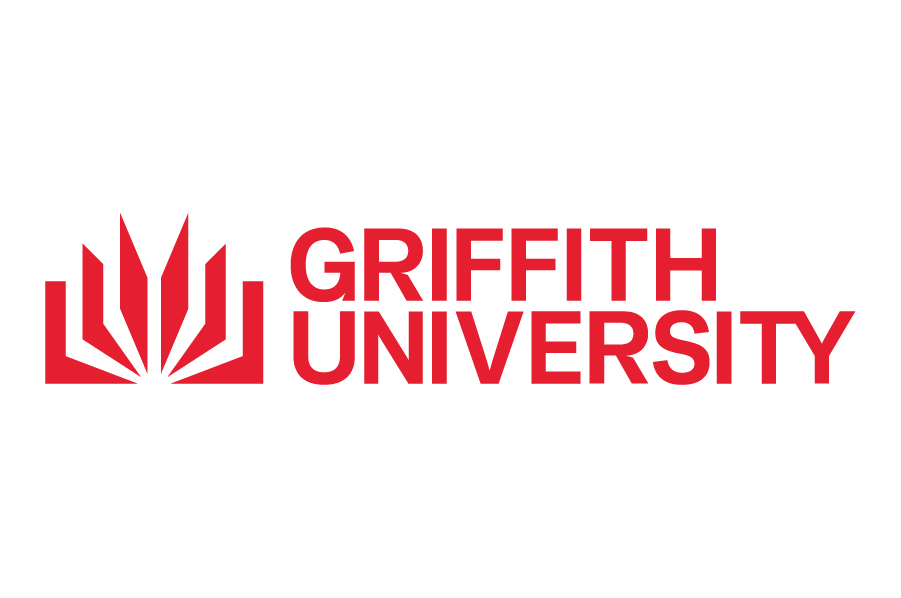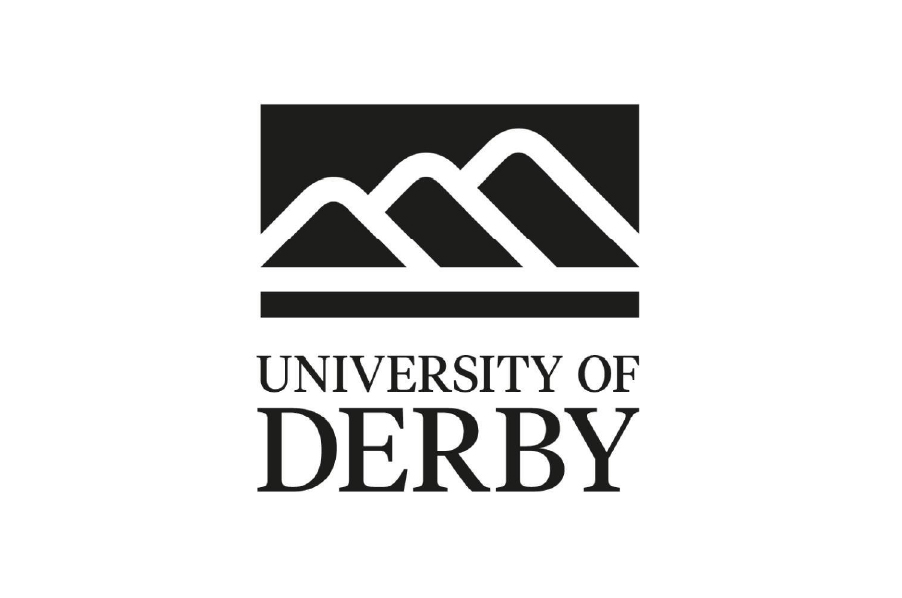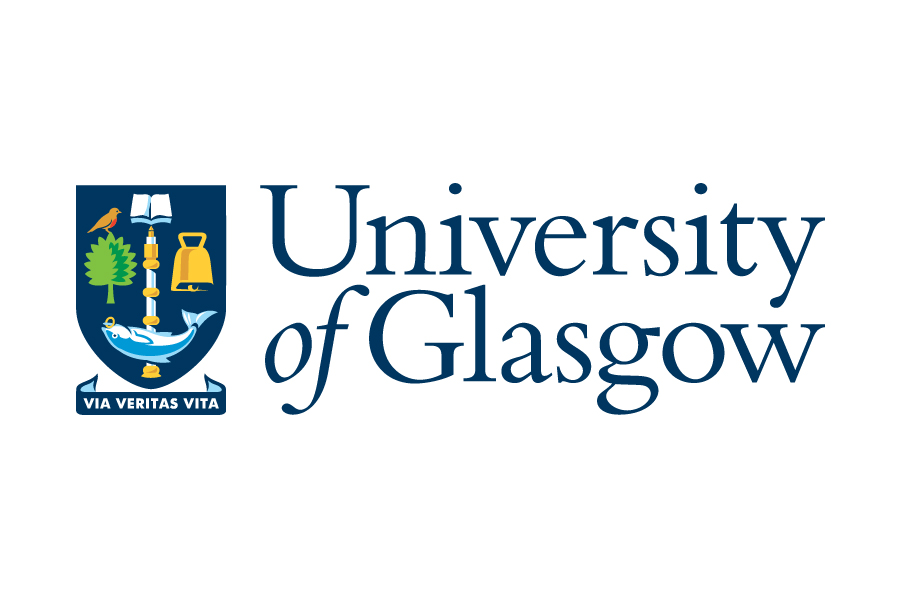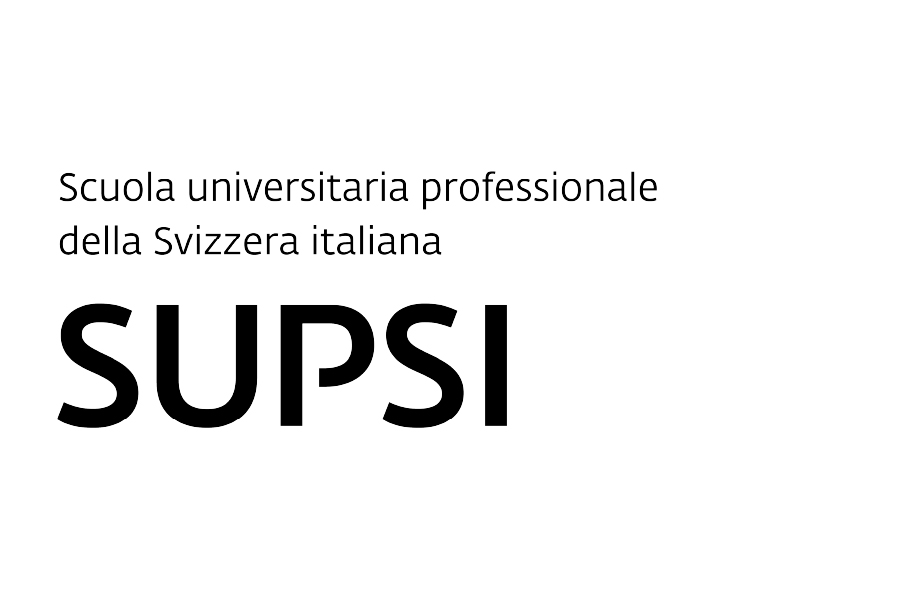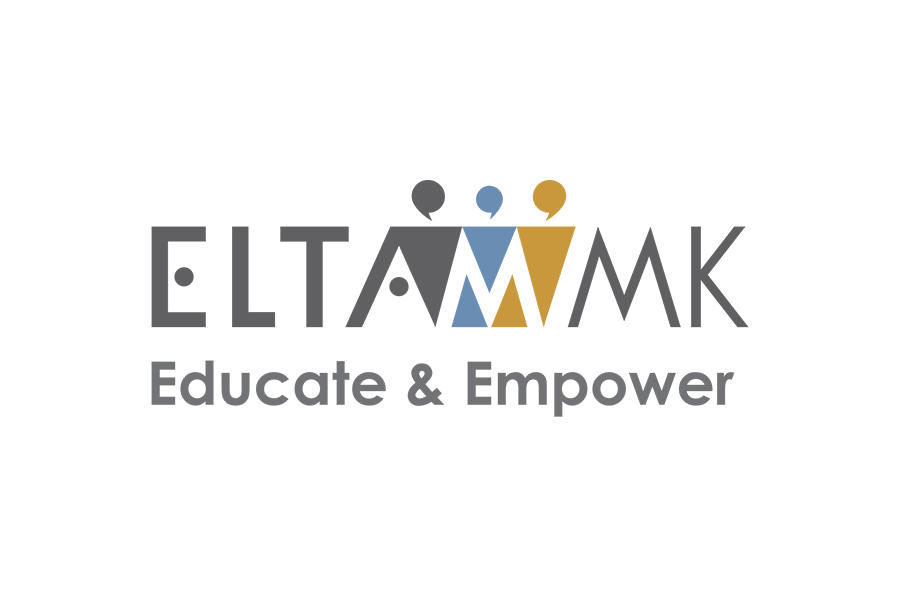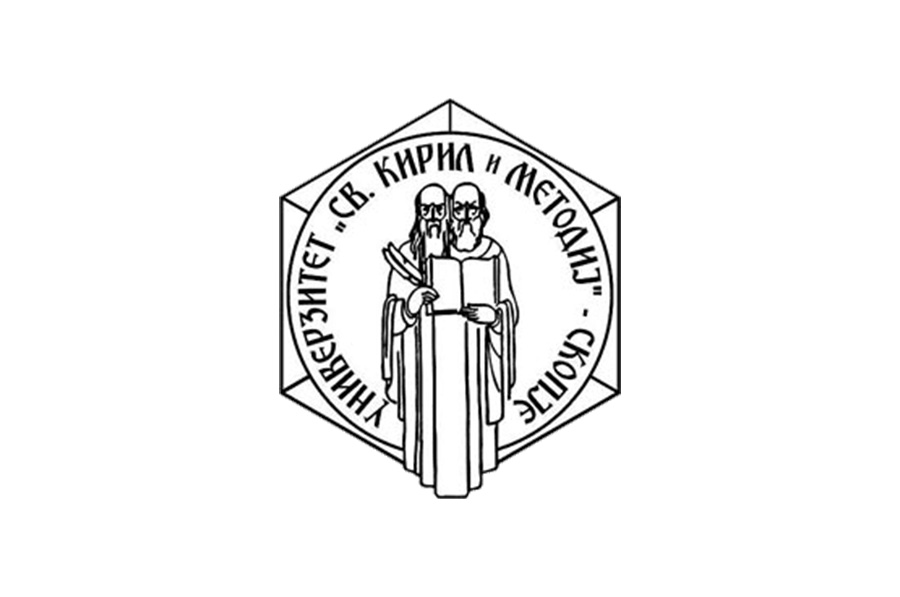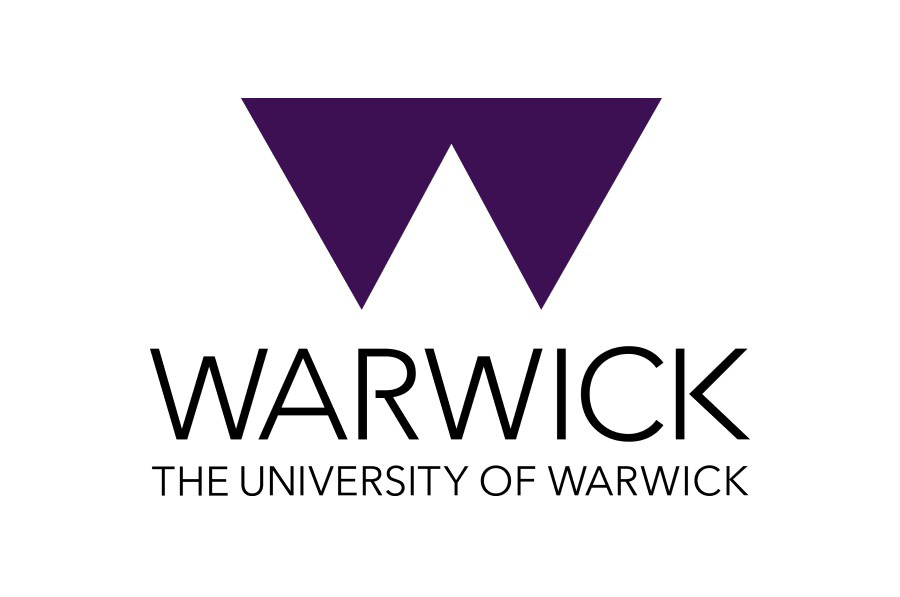



Actually engage
At the Edge of Knowing
Award-winning AI that scaffolds your thinking, helping you make sense and solve problems, a tool for any kind of learning.
Learning relies on tension, and struggle is productive when it prompts reflection on the limits of prior understanding, and sustains engagement towards new realisations. Rather than sparing you from the struggle, Noa attends to what you are expressing about what you have noticed, and creates a conjecturing atmosphere, ushering you towards moments of realisation, insight, and action.
Work with Noa to set goals and prepare for action, for structured reflection and inquiry; collaboration only makes the experience richer.
Read more in our blogMeet Noa
An Agency‑Focused AI Partner
Noa actively listens as you notice, and facilitates the essential process of making an account‑of experiences, before accounting‑for them. Acting as intelligent middleware, Noa uses conversational methods based on research to support structured sense‑making and to help navigate moments of fruitful uncertainty—where real learning happens.
AI‑Moderated Collaboration
Noticing enables new kinds of multi‑user work within the same conversation. Evolving existing structured approaches, Noa helps colleagues collectively notice and make sense of shared challenges, running focused multistep micro‑brainstorming as a neutral guide.
Read our blogEscape the AI Goldfish Bowl
Typical AI chats are like ships that pass in the night—siloed, and soon forgotten once they have served their purpose.
Noticing features an infinite canvas to record what you've noticed and learned. It's an ongoing visual workspace where you can map sequences of events and complex projects, link ideas across Noa conversations, connect to your own private knowledge base, and see the big picture.
Noa also notices what you notice and, in the right context, can help you revisit your past ideas. It’s a powerful way to reconnect with your past self.
We wrote a book!
Recipes for Transformative Mentor Meeetings
Recipes for Transformative Mentor Meetings is a collection of recipes which can provide mentors with in-the-moment prompts and reminders, creating more headspace for them to support and care for their teachers.
Bespoke print, full colour PDF, and eInk optimised formats.
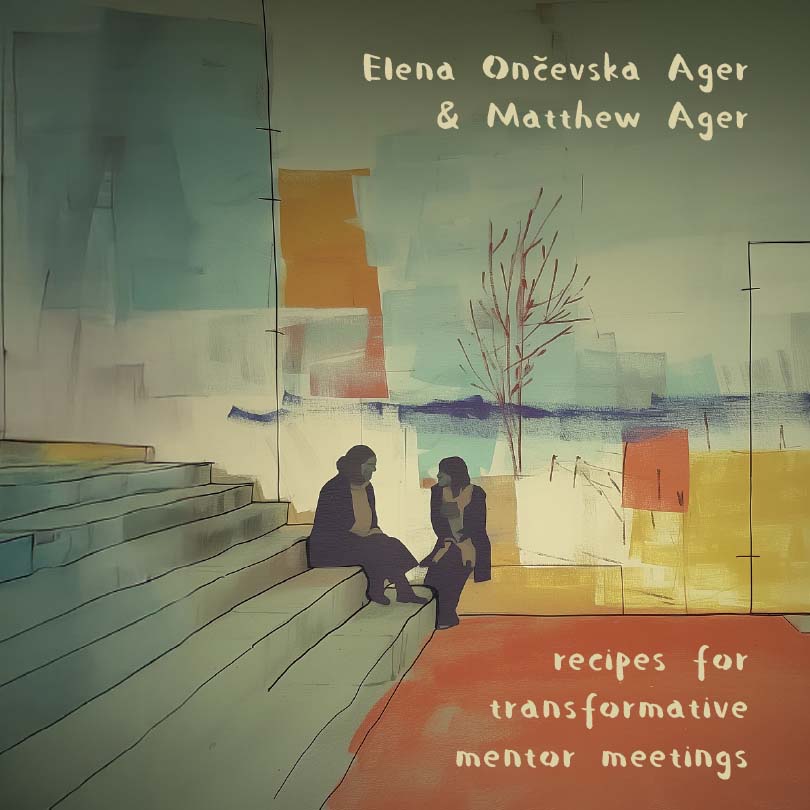
Outputs and sharing
Noa constantly keeps track, so you don’t have to.
The end of each conversation with Noa triggers a second kind of reflection, which starts with a summary of what you discussed, and a list of the things you noticed, decided upon, agreed to, etc. While keeping this record frees up in-the-moment headspace during the conversation, it is still yours: private to you, and fully editable.
Furthermore, we recognise how important it is for the conversation not to become a siloed moment in time, and so anything Noa summarises that could become the seed for a future conversation is added to your infinite canvas.
Finally, you can share your conversation, its summary record and details with others, before going on to collaborate on a dedicated canvas just for you, if you would like to explore the big picture together.
How Noa integrates into your work
| In the thick of it—addressing immediate professional needs | |
|---|---|
| Preparation & anticipation | Prepare for critical moments. Noa assists in structured preparation, thinking through scenarios, clarifying objectives, and sensitising you to potential challenges and opportunities. |
| Reflection & adaptation | Run productive debriefs after key events. Noa guides individuals and groups to reconstruct and analyse what happened, identifying learnings and changing strategies effectively. |
| From a distance—supporting broader professional development | |
| Planning & goal-setting | Help individuals or groups set clear goals or plan initiatives. Noa structures thoughtful planning, drawing on past noticings and insights. |
| Inquiry & knowledge building | Guide persistent challenges – things barely noticed – through structured investigation, from developing questions to making sense of findings for useful insights. |
Tending to your own garden
Using AI for pre-packaged solutions carries risks.
We must be thoughtful about our engagement with AI, particularly within professional development contexts like education. While Generative AI (GenAI) offers convenience, the default tendency to use it as a 'content generator'—for quick answers or pre-packaged lesson plans—carries risks because we cannot presume that the content will be based on good pedagogy or be contextual.
Moreover, interacting with GenAI in this way can inadvertently sideline learning, bypassing the necessary productive struggle essential for deep learning, undermining critical reflective practice, hindering the development of agency, and ultimately diminishing the satisfaction of genuine learning. Asking if GenAI is doing something a human should be doing for genuine growth, and whether we feel better prepared as a result, are good ethical tests.

Human + AI = Hybrid Intelligence
There's a more powerful, agentic way forward: embracing Hybrid Intelligence (HI)—the purposeful collaboration between human insight and AI capabilities. This means moving beyond passive consumption towards active engagement, where AI augments rather than replaces human expertise.
Noa within Hybrid Intelligence
- acts as an interlocutor and a non-judgemental dialogic partner
- ushers towards moments of productive struggle essential for deep learning
- facilitates cognitive workouts, creating the conditions for growth
- mirrors active pedagogical listening, and makes listening 'visible' through responses
- structures guidance based on established protocols and principles of effective mentoring
- transparently connects building blocks within protocols to professional competencies
Current conversations for
Teacher Education
Product Teams
| ← BEFORE → | ← AFTER → | |||
|---|---|---|---|---|
| from a distance → | ← in the thick of it → | ← from a distance |
|
Setting Goals Support teachers in identifying professional learning goals, visualising success, and mapping out achievable steps. |
|||
|
Anticipating Help teachers explore insights from reflections by considering hypothetical future scenarios and planning potential responses. |
Consultations Provide an open door for teachers to discuss any general concerns or issues arising in their practice, moving towards actionable steps. |
Periodic Review Facilitate stepping back at natural intervals to take stock of past noticings, revisit goals, and inform future professional development. |
|
|
Developing Materials Guide teachers through the process of designing and creating effective teaching and learning resources aligned with context and pedagogy. |
Helping to Prepare Offer structure to help teachers prepare for non-lesson events like workshops or challenging conversations, building confidence. |
Reflecting Post-Lesson Facilitate structured, non-judgemental reflection on specific classroom incidents using the SIRP protocol to promote agency and learning. |
Classroom Inquiry Support teachers in systematically investigating persistent classroom puzzles or questions to foster deeper understanding and agentic improvement. |
|
Developing Assessment Support teachers in thoughtfully designing assessments, considering purpose, methodology, and how feedback empowers learners. |
Lesson Preparation Guide teachers through visualising upcoming lessons, rehearsing key moments, and building mental readiness beyond the plan itself. |
Helping to Notice Guide teachers to intentionally reconstruct and analyse peripheral noticings from their teaching, enriching their awareness. |
Making Sense of Data Assist teachers in analysing and interpreting data collected during classroom inquiry, moving from patterns to informed action. |
|
Setting Goals Support product teams in identifying project/sprint goals, visualising successful outcomes, and mapping out achievable milestones and tasks. |
|||
|
Anticipating Help product teams explore insights from retrospectives by considering hypothetical future scenarios (e.g., market changes, competitor moves) and planning potential responses or contingency plans. |
Consultations Provide an open channel for team members to discuss any general concerns or issues arising in their projects or team dynamics, moving towards actionable solutions. |
Periodic Review Facilitate stepping back at natural intervals (e.g., end of sprint, project phase, quarter) to take stock of past learnings, revisit objectives and key results (OKRs), and inform future product strategy and process improvements. |
|
|
Developing Specifications Guide product teams through the process of designing and creating effective product specifications, user stories, and documentation aligned with user needs and business objectives. |
Helping to Prepare Offer structure to help product teams prepare for critical events like product demos, stakeholder presentations, or challenging feedback sessions, building confidence and alignment. |
Reflecting Post-Sprint Facilitate structured, non-judgemental reflection on specific project events or sprint outcomes to promote team agency and continuous learning. |
Postmortem Support product teams in systematically investigating persistent product challenges or user engagement questions (e.g., through A/B testing, user research) to foster deeper understanding and data-driven improvements. |
|
Developing KPIs Support product teams in thoughtfully designing success metrics and key performance indicators (KPIs), considering purpose, data collection methodology, and how insights empower product decisions. |
Feature Preparation Guide product teams through visualising upcoming feature releases or sprints, rehearsing key development phases or user flows, and building team readiness beyond the initial plan. |
Helping to Notice Guide product teams to intentionally reconstruct and analyse subtle user feedback or market signals, enriching their awareness of user needs and competitive landscape. |
Making Sense of Data Assist product teams in analysing and interpreting data collected from product usage, experiments, or market research, moving from patterns to informed product roadmap decisions. |
Partners
Teachers and mentors are already using Noticing to plan lessons and activities, to reflect both pre- and post-lesson, and to inquire. Meanwhile, we are continuing to develop new dialogic formats in any area that we feel could benefit from structured exploration.
Contact us
We are always looking for new partners and collaborators. If you are interested in using Noticing in your educational context, or if you would like to contribute to our research, please get in touch.

